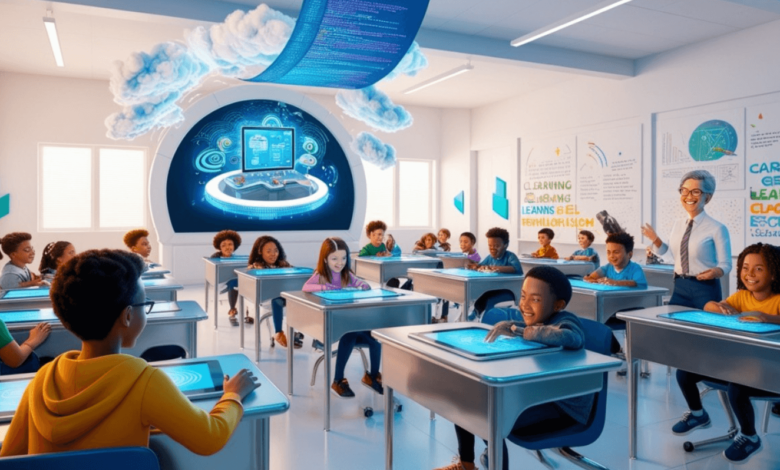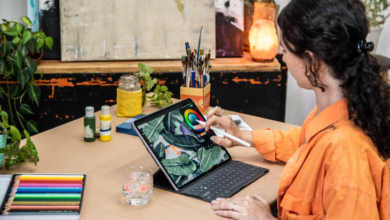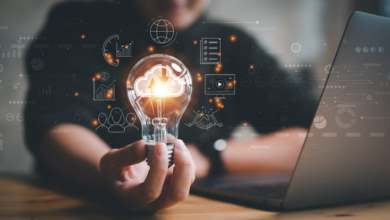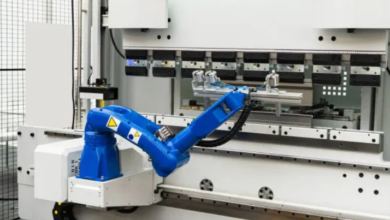AI in Education: How Technology Is Shaping Future Classrooms

AI is fundamentally altering the landscape of education. Intelligent Tutoring Systems are emerging as key players, offering tailored support to individual learners. Meanwhile, interactive techniques are enhancing student engagement and collaboration. Educators benefit from automated administrative processes, allowing them to concentrate on innovative teaching methods. As these technologies evolve, they present new possibilities and challenges for future classrooms. What implications might this hold for educators and learners alike?
The Rise of Intelligent Tutoring Systems
As educational landscapes evolve, the emergence of Intelligent Tutoring Systems (ITS) marks a transformative shift in personalized learning.
These systems leverage adaptive learning technologies to tailor educational experiences, ensuring that each learner receives targeted support.
Enhancing Engagement Through Interactive Learning
While traditional methods of instruction often rely on passive learning, interactive learning environments have emerged as a catalyst for student engagement and participation.
Gamified learning in virtual classrooms transforms education into an immersive experience, encouraging collaboration and creativity.
This innovative approach fosters a sense of community, empowering students to take ownership of their learning journey while breaking free from conventional educational constraints.
Automating Administrative Tasks for Educators
Although administrative tasks are essential for effective teaching, they often consume valuable time that educators could otherwise dedicate to instruction and student interaction.
Automating these tasks presents an opportunity for streamlining workflows and reducing paperwork, allowing educators to focus on fostering creativity and collaboration in the classroom.
This shift not only enhances efficiency but also promotes a more engaged learning environment for students.
Personalizing Education for Diverse Learners
By leveraging artificial intelligence, educators can tailor learning experiences to meet the unique needs of diverse learners, thereby fostering an inclusive environment.
Adaptive learning platforms analyze student progress, allowing for individualized feedback that empowers each learner.
This personalized approach not only enhances engagement but also promotes autonomy, enabling students to take charge of their educational journeys and thrive in their unique contexts.
Also read: The Future of AI in Personalized Video Marketing
Conclusion
As technology continues to weave its intricate tapestry into education, the classrooms of tomorrow resemble a vibrant marketplace of ideas rather than mere lecture halls. Intelligent Tutoring Systems and interactive learning foster an environment where students are empowered to explore their passions, much like artisans in a Renaissance workshop. By automating mundane tasks, educators can ignite creativity and collaboration, ultimately crafting a future where every learner thrives in their own unique journey. The revolution in education is not just a trend; it’s a renaissance.



